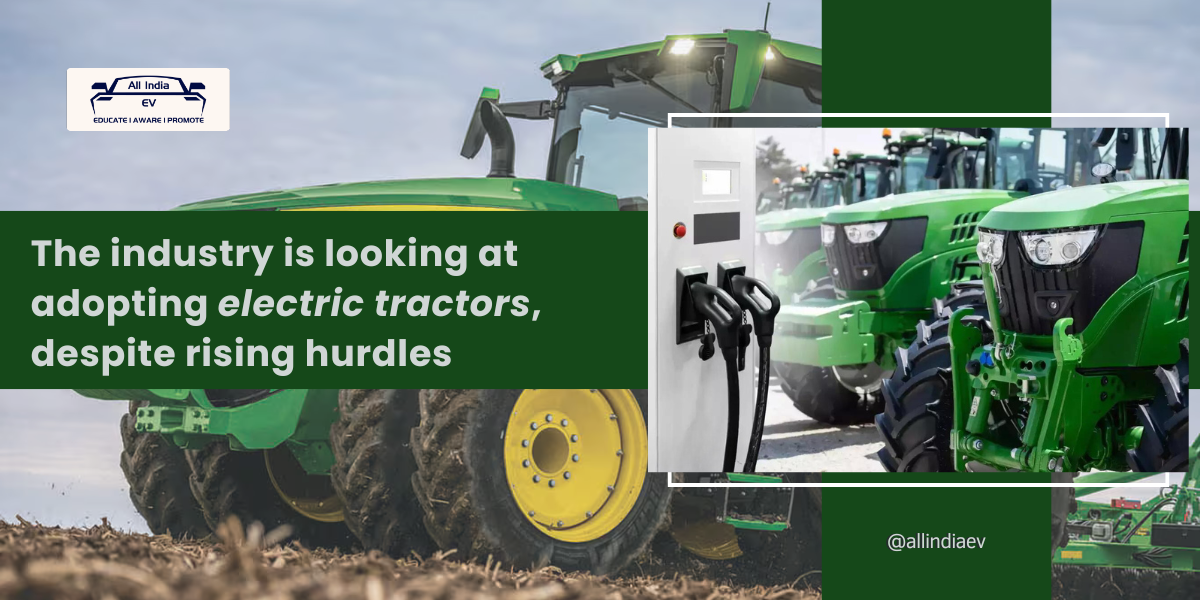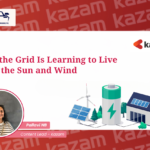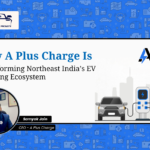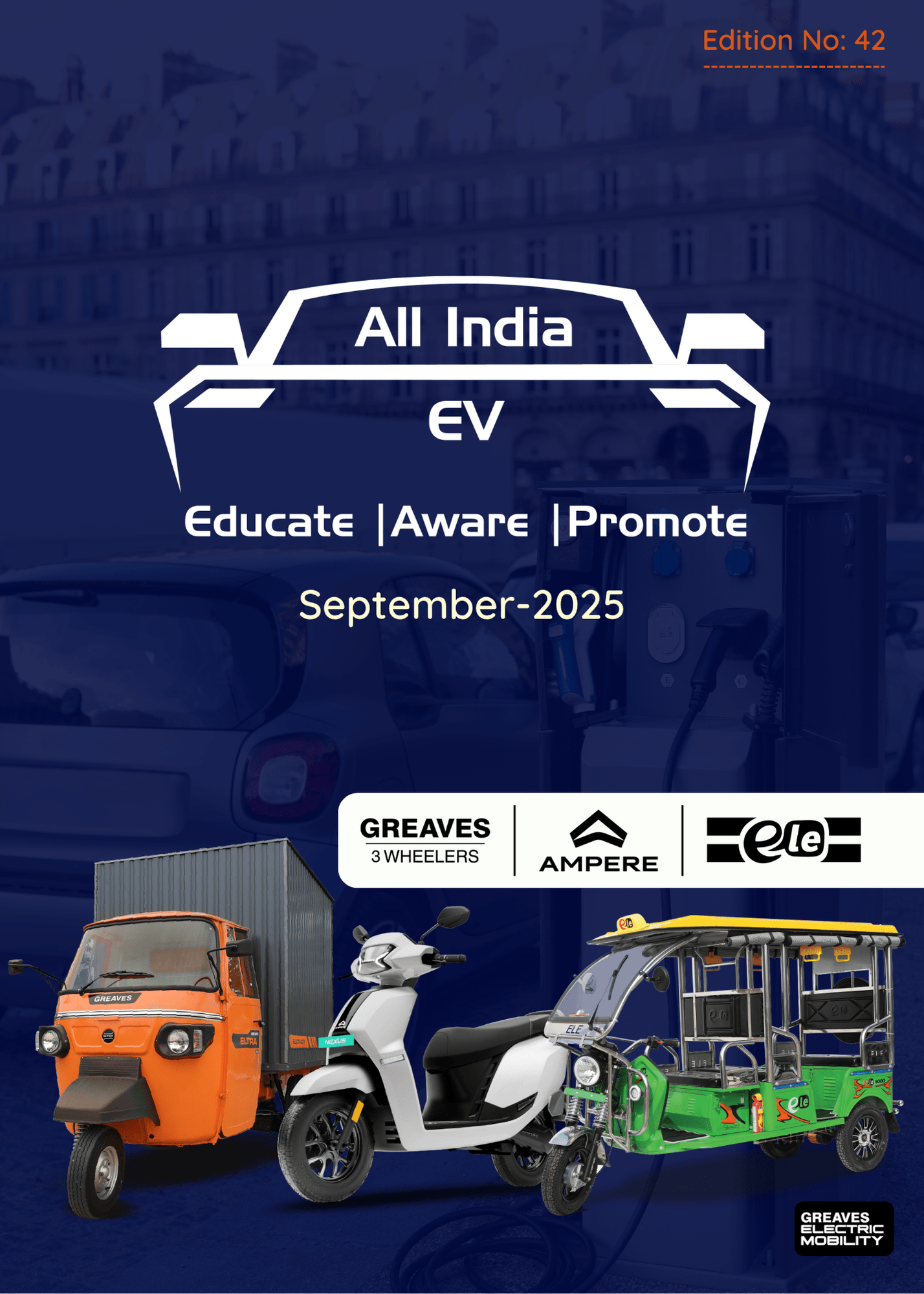
Rise of Electric Tractors: The Future of Farming is Here
VST Group Chairman & MD Arun Surendra predicts a surge in electric tractors adoption within the next five years, driven by advancements in technology and local battery manufacturing. According to the JMK Research and Analysis report, electric vehicle sales in India reached 1.7 million units in FY2024, with electric two-wheelers accounting for over half of the market share.
“Many manufacturers, including VST Group, are actively exploring the potential of electric tractors,”
A company executive
A Brighter Future for Electric Tractors
Arun Surendra, Chairman & MD of VST Group, envisions a significant increase in electric tractor adoption within the next five years, fueled by technological advancements and local battery production.
While India has made significant strides in electrifying its transportation sector, the agriculture industry remains largely untapped. The government’s initiatives, such as PM E-DRIVE, PLI, Fame 1 & 2, and EMPS, have accelerated the adoption of electric vehicles but have yet to fully penetrate the agricultural sector.
Despite being a global leader in tractor manufacturing, India has lagged behind in electrifying its agricultural machinery. This poses a potential obstacle to achieving the country’s 2030 electric vehicle vision. Several companies, including AutoNxt, VST, Sonalika Tractors, Mahindra Tractors, and others, have begun to address this gap.
VST Group, with its diverse portfolio spanning financing, automotive franchises, and manufacturing of small tractors, tillers, and agricultural implements, has taken a proactive approach to electrifying tractors. Through a partnership with the US-based Monarch Tractors, VST aims to bring electric tractors to the Indian market.
Government Support Crucial for Electric Tractor Adoption
Industry experts emphasize the importance of government support in accelerating the adoption of electric tractors in the off-road transportation sector. While subsidies and monetary incentives can play a role, Arun Surendra of VST Group believes a more holistic approach is necessary. “Instead of direct subsidies, I think the government should collaborate with the industry to ensure fair pricing for raw materials,” he suggested.
Union Minister Nitin Gadkari, during a CII conference, urged tractor manufacturers to transition to electric alternatives, assuring them of government support and potential reductions in levies to facilitate a smooth and competitively priced transition.
VST Group, through a joint venture, has been manufacturing electric tractors for export, with plans to introduce them to the Indian market. However, Surendra acknowledges that India is currently behind in electric tractor technology and may need some time to catch up.
Barriers to Electric Tractor Adoption
Arun Surendra believes that while Indian farmers are capable of quickly adopting electric tractors, the industry may not be ready for a large-scale transition. He cited challenges such as limited charging infrastructure, high upfront costs, significant power requirements, and insufficient financing options.
Kaustubh Dhonde, Founder and CEO of AutoNxt Automation, echoed these concerns, highlighting the obstacles hindering nationwide electric tractor adoption.
Despite these challenges, both industry experts remain optimistic about the future of electric tractors in India. While several companies are yet to commercialize their electric tractor offerings, the market is poised for growth.









